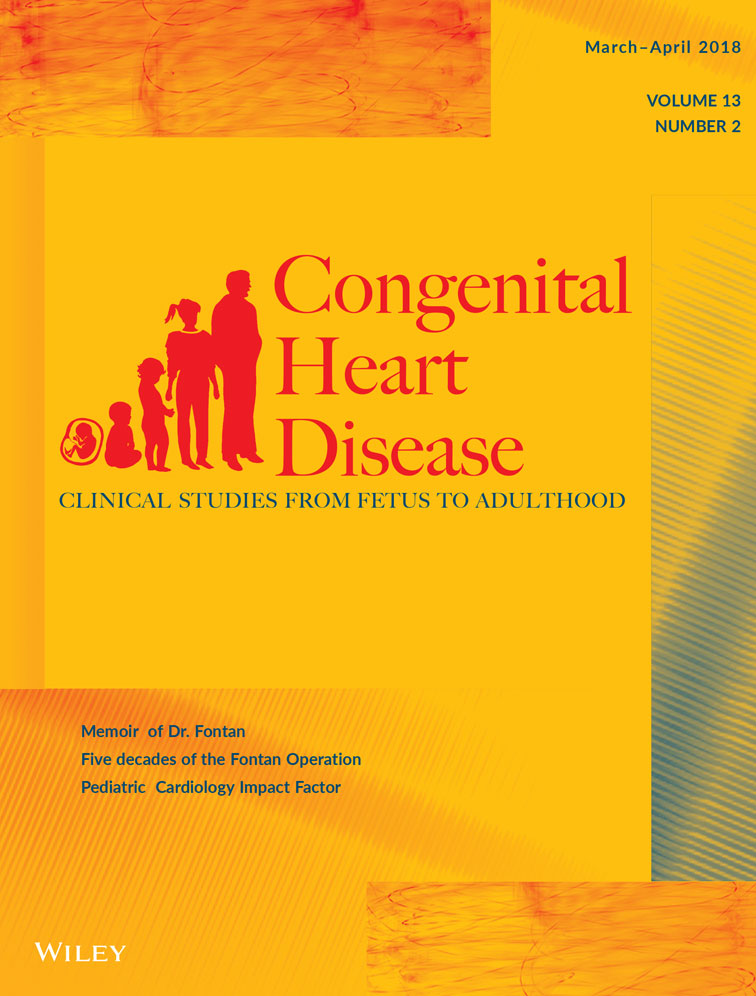Cardiovascular outcomes of pregnancy in Marfan's syndrome patients: A literature review
Abstract
Aims
Pregnancy in patients with Marfan's syndrome (MFS) carries an increased risk of cardiovascular complications, resulting in increased maternal and fetal mortality and morbidity. Literature on MFS pregnant patients is relatively sparse, and there has yet to be a concrete consensus on the management of this unique patient population. The purpose of our paper is to provide a literature review of case reports and studies on MFS during pregnancy (published between 2005 and 2015) and to explore cardiovascular outcomes of patients with MFS.
Methods and Results
Of the 852 women in our review, there were 1112 pregnancies, with an aortic dissection rate of 7.9% and mortality of 1.2%. Data demonstrated a trend that patients whose aortic diameter ≥40 mm had a greater rate of dissection than MFS patients whose aortic diameter <40 mm (Fisher's exact test, P = .0504). Fetal outcome included a 5.6% mortality rate and 41% of births were cesarean deliveries and of those reported, 75% secondary to cardiac emergencies.
Conclusions
Patients with MFS, especially those whose initial aortic diameters ≥40 mm, planning a pregnancy or currently pregnant should be carefully counseled about the maternal and fetal risks throughout pregnancy. MFS patients whose aortic diameters ≥40 mm should be advised to ideally await pregnancy until prophylactic aortic surgery. As MFS varies in its phenotypic expression, each patient's risk of adverse cardiac events should be assessed individually through a joint Maternal Fetal Medicine and Cardiology Center.
CONFLICT OF INTEREST
None.




